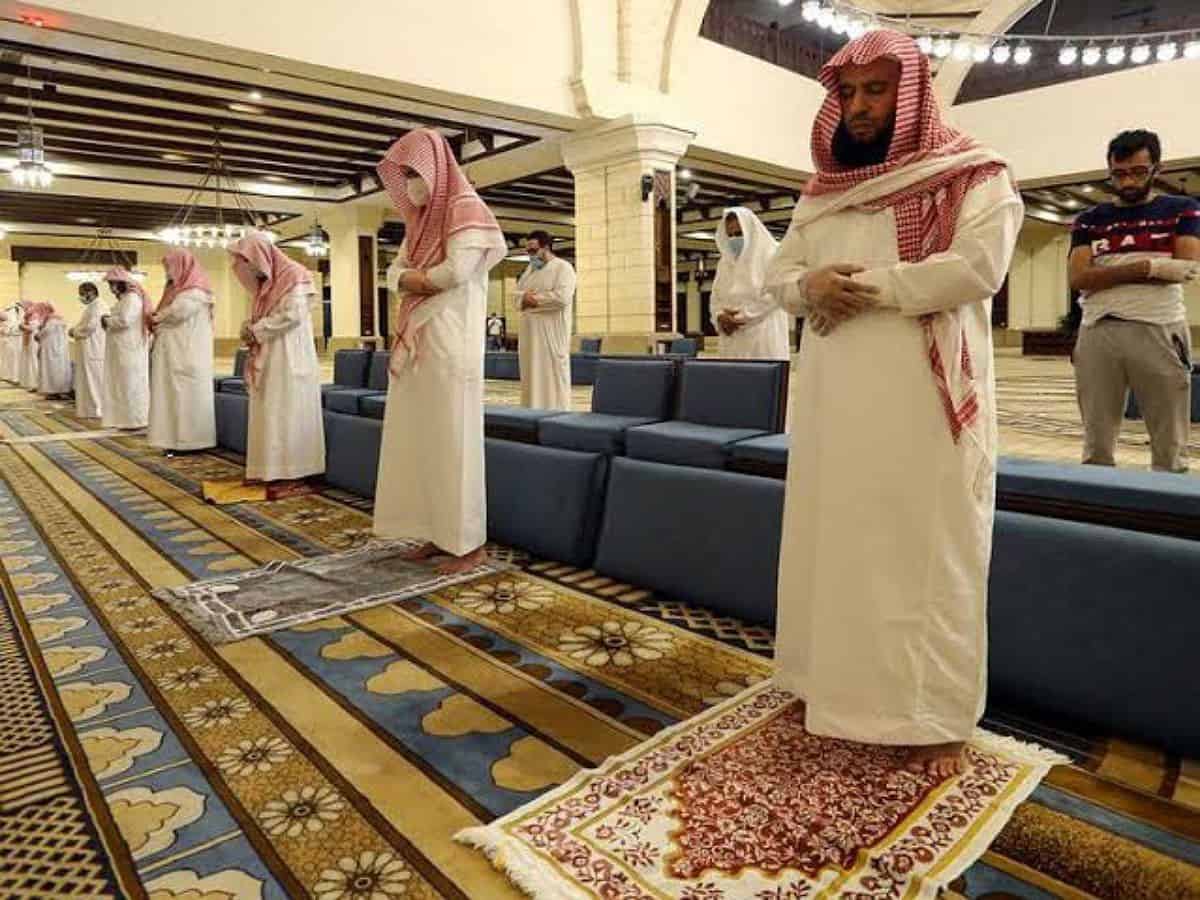
Riyadh: The Kingdom of Saudi Arabia has warned imams and muezzin in mosques that collecting financial donations for fasting people or other iftar projects during Ramzan is prohibited.
This came in a statement issued by the Ministry of Islamic Affairs, which it published on its Twitter account.
According to the statement, the Minister of Islamic Affairs, Abdul Latif Al-Sheikh, issued a circular to all the Ministry’s branches about the need to prepare mosques to serve the worshipers, in preparation to receive the holy month of Ramzan 1444.
Here are the ten points for imams and muezzin to follow during Ramzan:
- The imams and the muezzin must adhere to complete regularity in their work, and avoid being absent during Ramzan except for extreme necessity.
- The imams and the muezzin must abide by the calendar of Umm al-Qura, raise the call to prayer for the isha prayer in its time in Ramzan, and establish the prayer according to the approved period for each prayer.
- It is also necessary to take into account the circumstances of the people in Tarawih prayers, and to complete the Tahajjud prayer in the last ten days of Ramzan in sufficient time before the dawn call, so that this will not be hardship for the worshipers.
- The imams and the muezzin were also asked to abide by the Prophet’s guidance in supplicating qunoot in Tarawih prayers, not to prolong and confine themselves to supplications and mosques, and to stay away from hymns and intonations.
- Reading some useful books on the mosque group.
- It is forbidden to use mounted cameras for the purpose of photographing the imam and worshippers while performing the prayer, and it is also forbidden to transmit or broadcast prayers in the media of all kinds.
- The imam is responsible for authorizing the i’tikaf, checking that there are no violations from it, and knowing the data for the i’tikaaf. The imam must seek the approval of the approved sponsor for non-Saudis wishing to perform i’tikaaf.
- Not collecting financial donations for breakfast projects for fasting people and others.
- Iftar is served for the fasting person – if any – in the places prepared for that in the courtyards of the mosque, under the responsibility of the imam and the muezzin. The person in charge of breaking the fast for the fasting person should clean the area immediately after breaking the fast. It is important not to set up any temporary rooms, tents, etc. to keep breakfast in.
- The ministry urged worshipers not to take children, as that would disturb the congregation and cause them to lose reverence.

